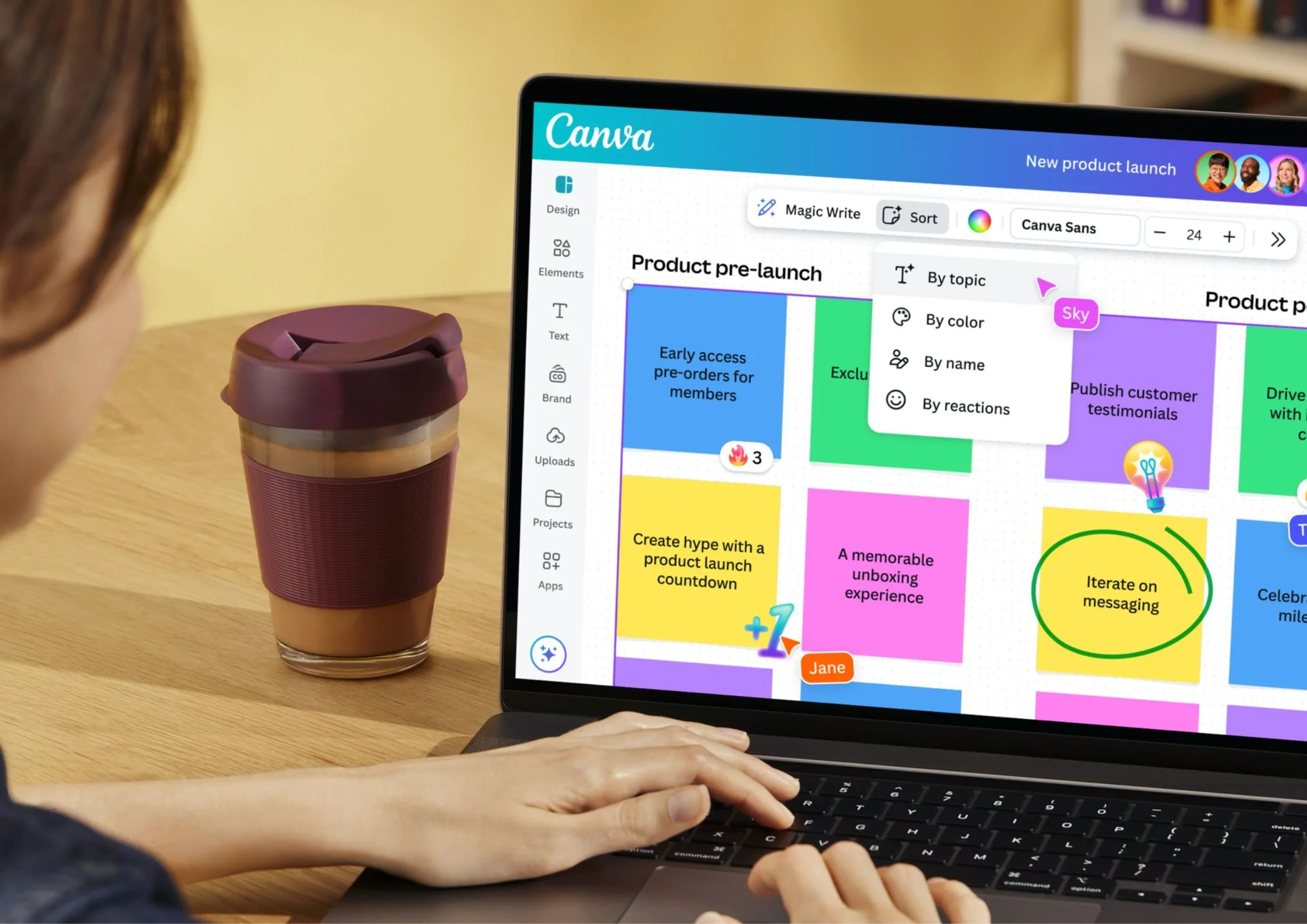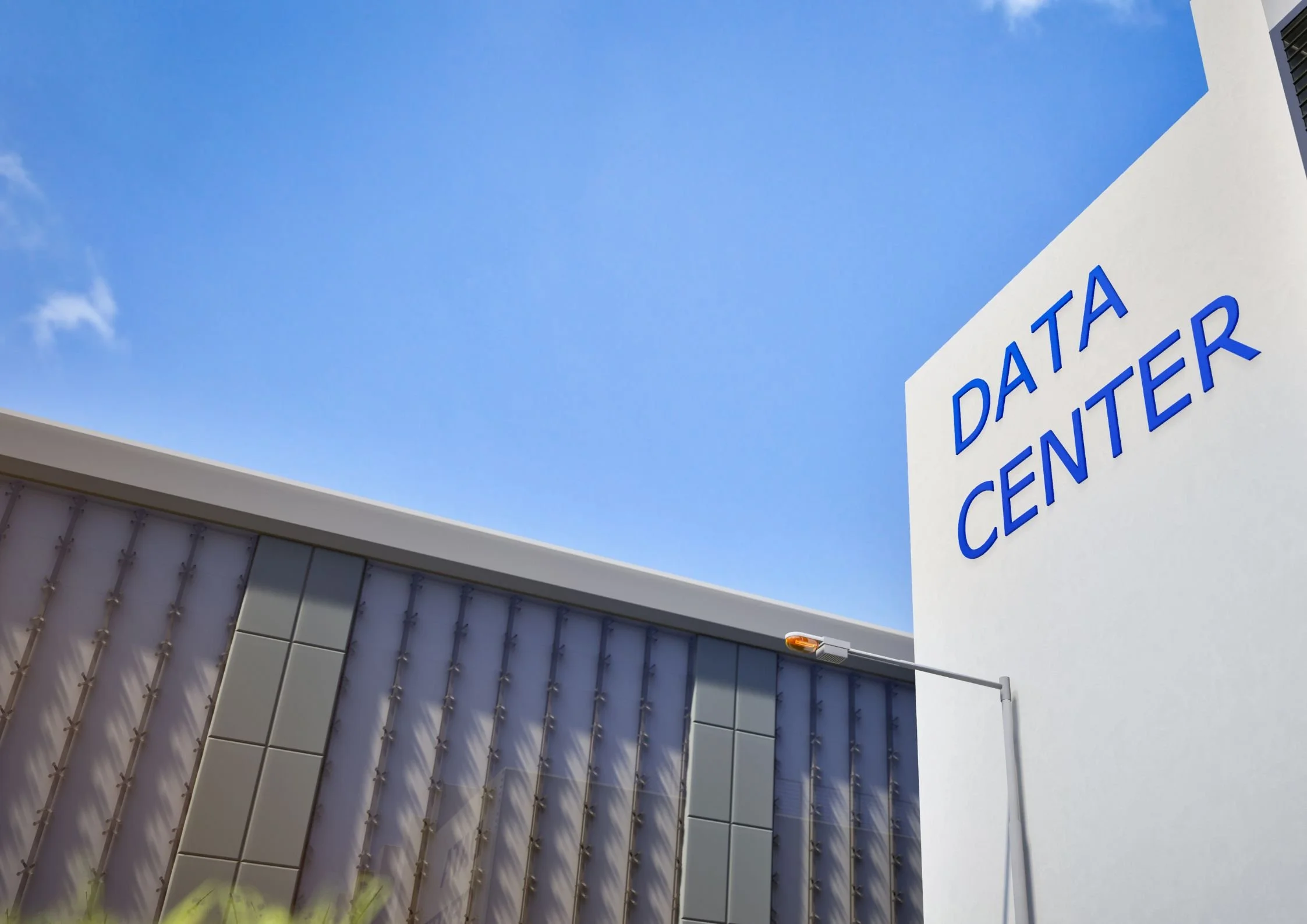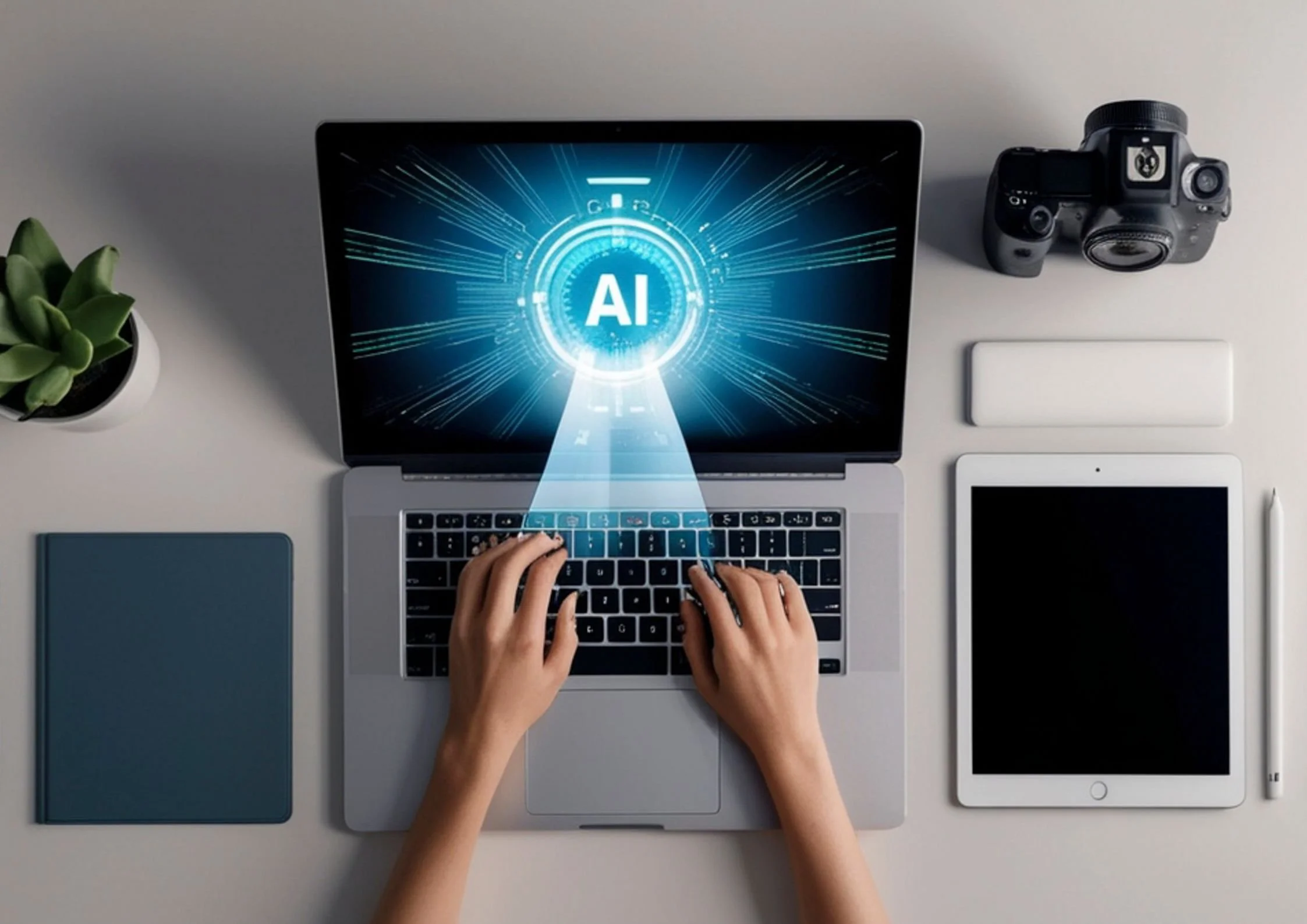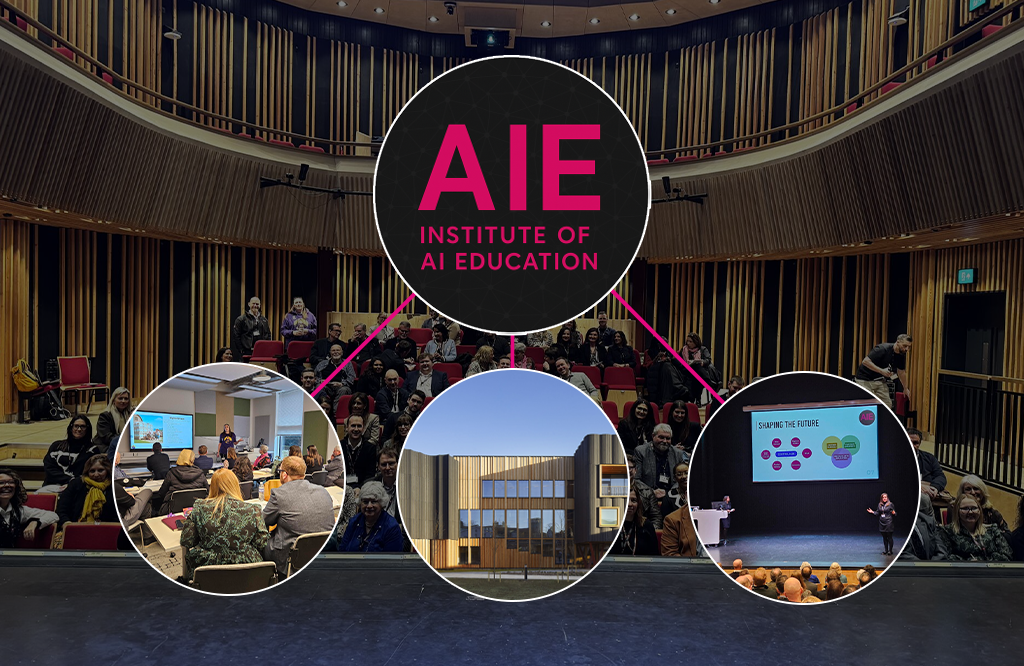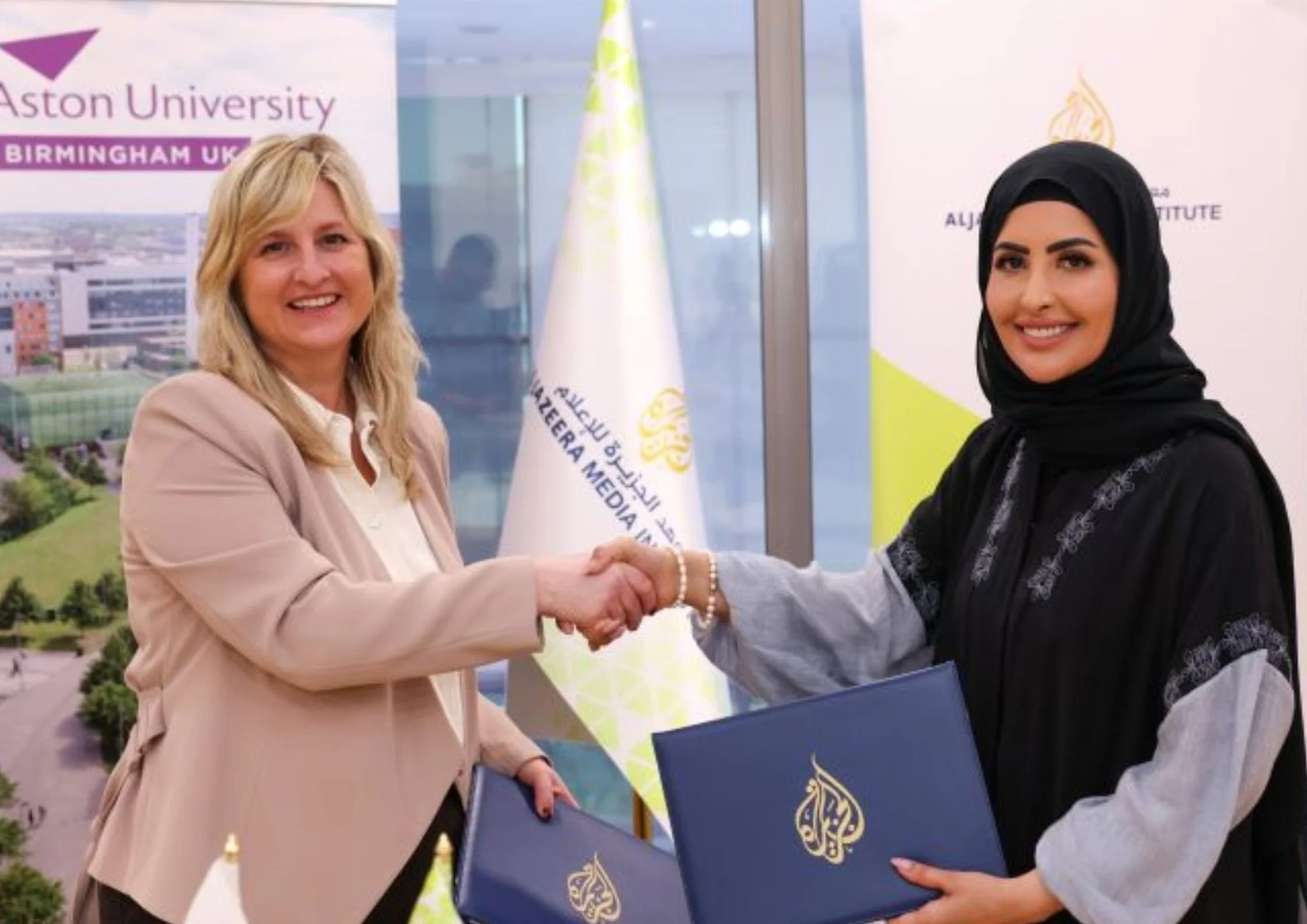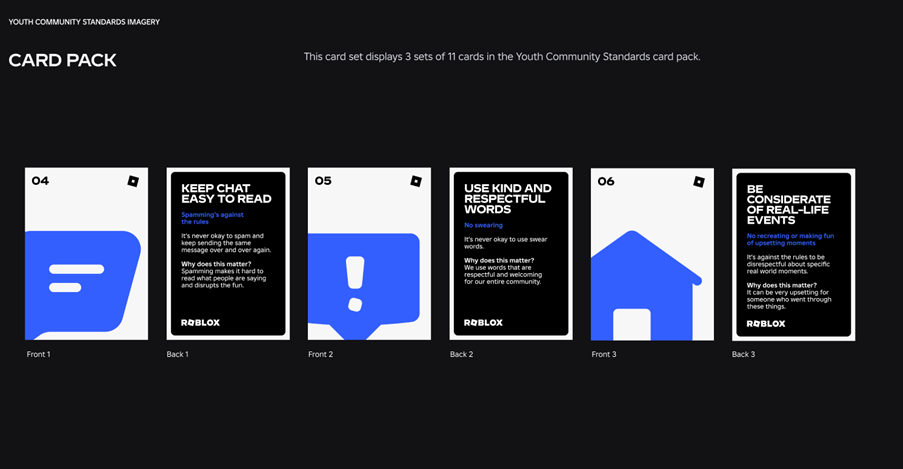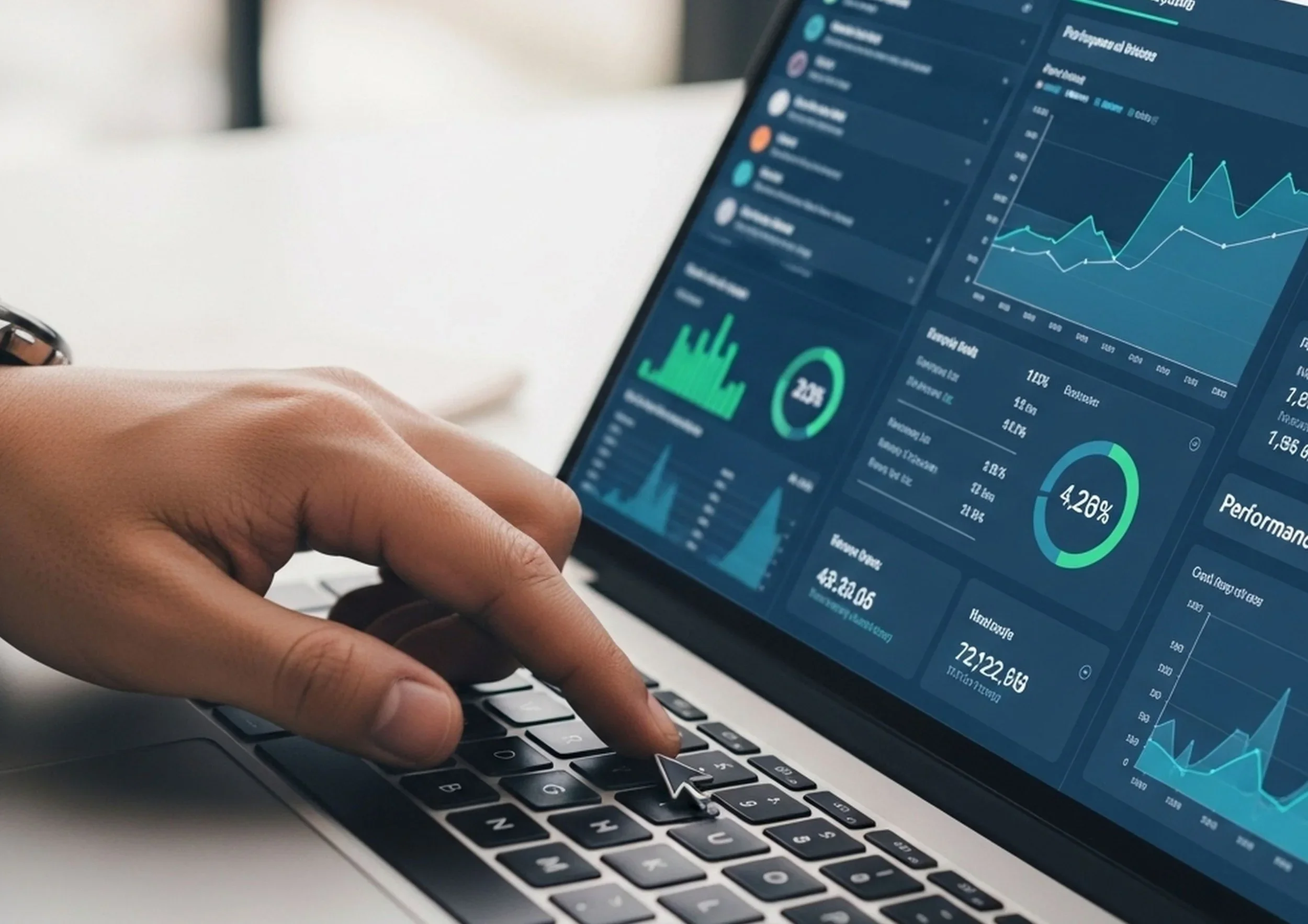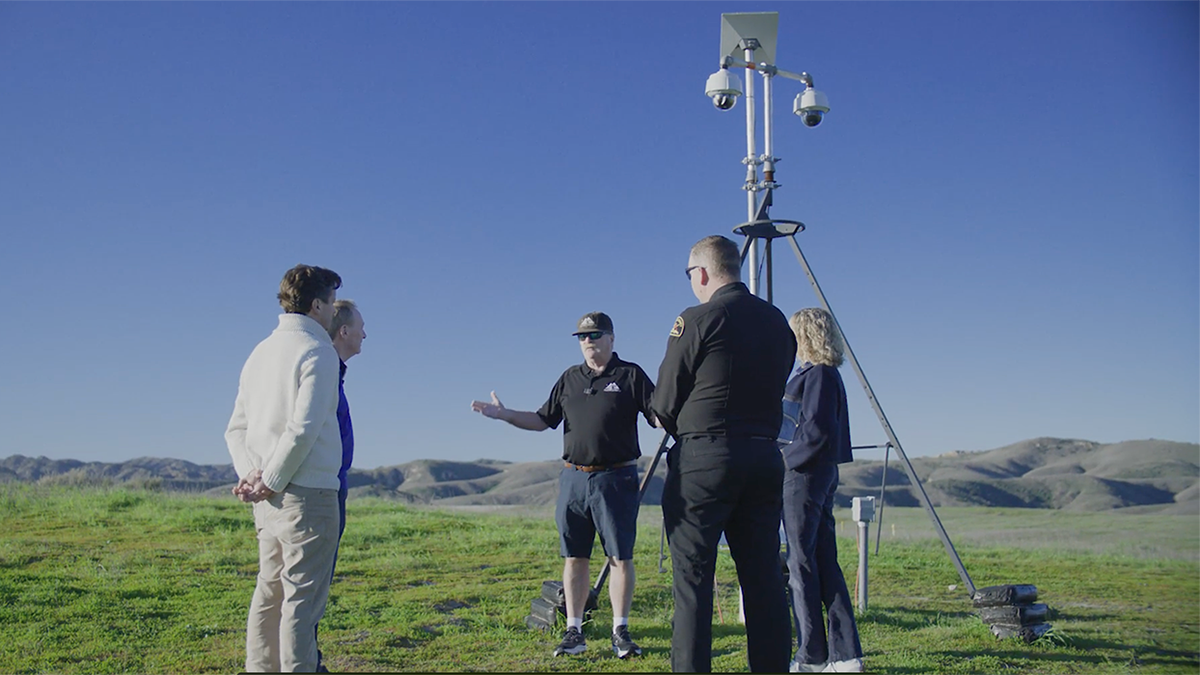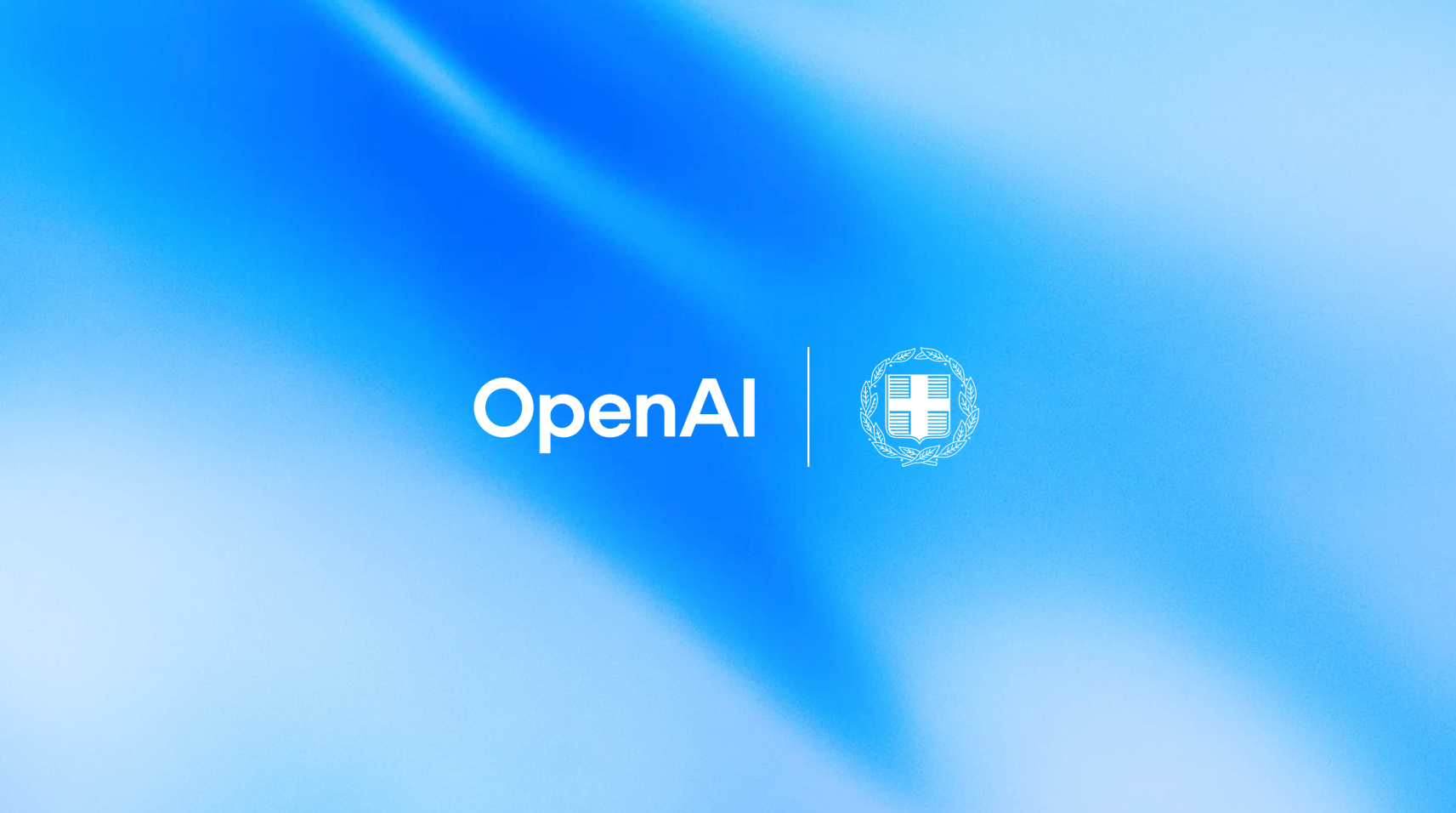OpenAI and SAP launch ‘OpenAI for Germany’ to drive sovereign AI in the public sector
Partnership with Microsoft’s Azure and Delos Cloud aims to expand AI access across German government while aligning with national digital sovereignty goals.
OpenAI has announced the launch of OpenAI for Germany, a partnership with SAP to bring sovereign AI infrastructure and applications to the country’s public sector.
The initiative, shared in a LinkedIn post by Chris Lehane, Chief Global Affairs Officer at OpenAI, is part of the company’s broader OpenAI for Countries program, which has already rolled out in Greece, the UK, Norway, and Estonia.
OpenAI says the new program will deploy its AI technology through SAP’s subsidiary Delos Cloud, running on Microsoft Azure, in order to meet Germany’s requirements for data sovereignty, security, and legal oversight.
Lehane writes, “Nearly every young adult in Germany uses ChatGPT weekly, and usage has grown nearly fivefold in the past year. For millions, AI is becoming an important tool for learning, building, and creating. And that's why—alongside SAP and Microsoft—we're so excited to announce OpenAI for Germany, the newest partnership in our OpenAI for Countries initiative.”
Focus on sovereignty and infrastructure
According to OpenAI the collaboration will enable millions of public sector employees to use AI safely and responsibly, with the sovereign cloud ensuring compliance with privacy and regulatory standards. SAP plans to expand the existing infrastructure of Delos Cloud in Germany to 4,000 GPUs for AI workloads, with further investments possible if demand increases.
Christian Klein, CEO of SAP SE, says, “Applied AI is what truly creates value. As a Business AI company with decades of experience serving public sector organizations, we believe OpenAI for Germany represents a huge step forward. We’re bringing together SAP Sovereign Cloud expertise with OpenAI’s leading AI technology to pave the way for AI solutions that are built in Germany, for Germany.”
National AI ambitions
OpenAI for Germany aligns with the country’s national digital strategy. Chancellor Friedrich Merz’s High-Tech Agenda sets a target for AI-driven value creation of up to 10 percent of GDP by 2030. The Made for Germany initiative, endorsed by Merz in July, has pledged more than €631 billion in investments to accelerate modernization.
Sam Altman, CEO of OpenAI, says, “Germany has long been a pioneer in engineering and technology, so it’s no surprise that millions of Germans already use ChatGPT to make their lives easier, drive scientific breakthroughs, and build new businesses. With OpenAI for Germany, we’ll work with local partners to extend this potential to the public sector—helping to improve services and ensuring that the benefits of AI are shared across the country, and doing so in line with German values of trust and safety.”
The ETIH Innovation Awards 2026
The EdTech Innovation Hub Awards celebrate excellence in global education technology, with a particular focus on workforce development, AI integration, and innovative learning solutions across all stages of education.
Now open for entries, the ETIH Innovation Awards 2026 recognize the companies, platforms, and individuals driving transformation in the sector, from AI-driven assessment tools and personalized learning systems, to upskilling solutions and digital platforms that connect learners with real-world outcomes.
Submissions are open to organizations across the UK, the Americas, and internationally. Entries should highlight measurable impact, whether in K–12 classrooms, higher education institutions, or lifelong learning settings.
Winners will be announced on 14 January 2026 as part of an online showcase featuring expert commentary on emerging trends and standout innovation. All winners and finalists will also be featured in our first print magazine, to be distributed at BETT 2026.







